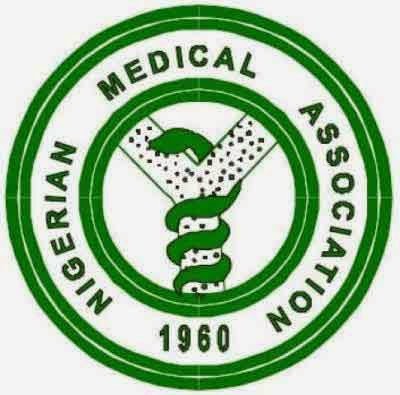The Lagos State Chapter of the Nigerian Medical Association says insufficient implements are regular challenges in managing emergencies across the nation’s health institutions.
Its Publicity Secretary, Dr Ibrahim Ogunbi, said this in an interview with the News Agency of Nigeria (NAN) in Lagos on Friday.
He harped on the need for emergency units to be well stocked with the requisite apparatuses at all times.
Cue in audio
“In emergency situations where you don’t have the facilities to take care of the patients, then it is a big challenge for the doctors.
“It is not as if the doctors don’t really know what to do, but when basic things are not provided, then it is a very big challenge for the doctors.
“For example, in an emergency where you don’t have intravenous fluid, you don’t have what you can use to access the vein of the patients in terms of syringes, scanular.
“You don’t even have gloves or spirit or all those basic things, then definitely the doctors are handicapped and cannot do anything.
“So, the management of each hospital should try as much as possible to provide the basic things that are needed in emergency situations in our various public hospitals and even in private hospitals.
“It is the duty of the hospitals to take care of the patient within that 24 hours to save the lives of the patients, because that is the most important part of the management of the patients. “
Cue out audio
Ogunbi said that accident victims. including gunshot victims, were emergency patients that must be treated promptly.
He stressed that the National Health Bill stated that all patients in emergency situations, should be treated immediately, even before asking for anything, including money or reports.
“Basically, any patient that is coming in as an emergency should be managed immediately within 24 hours.
“The consequences of not attending promptly are clear; for instance, a patient that is bleeding and it is not arrested will definitely go into shock and can die from that.
“Therefore, to save the life of that person, the bleeding must be arrested which is part of the emergency management.“
Meanwhile, Dr Idris Oriola, a gynaecologist at White Water Hospital, Ikorodu, urged the Federal Government to pay some substantial amount to private hospitals, to enable them take care of emergencies.
Idris told NAN in a separate interview that many patients had failed to pay after they had undergone treatment during an emergency, describing the situation as a loss to the institution.
“We can treat without demanding for money, because we have done that for many patients.
“In fact, we still have some on our debtors list, but we have counted some losses on our own side as many refuse to pay after treatment.
“We do not run a charity organisation; we also use money to buy drugs and pay our staff.
“The way forward to improving on our emergencies is when the government pays some substantial amount to hospitals.“ (NAN)

